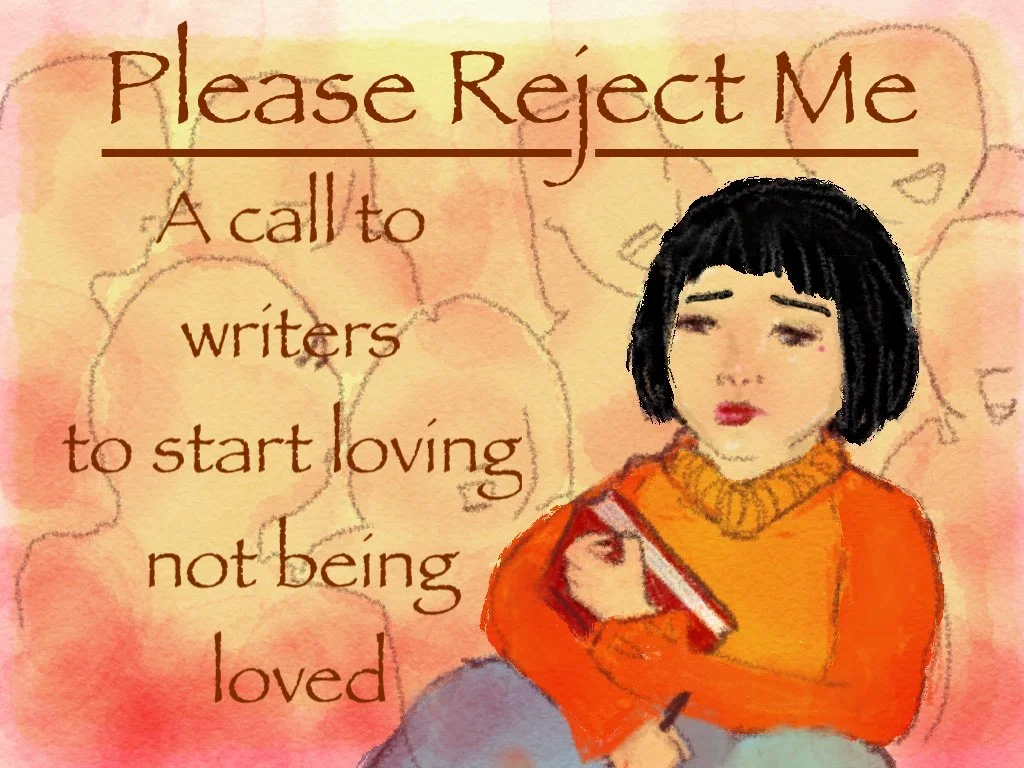Years ago, I saw a video of Damian Kulash from the band, OK Go, talking about why he makes ceramics as a hobby (I don’t know where the video is now, I would share it if I did). In the video, he said that the constant pressure to make the next record, or the next big video, caused him to feel burnout. He turned to a hobby that he never planned on selling to relieve his stress.
I could relate, even if it took me time to take this advice to heart.




